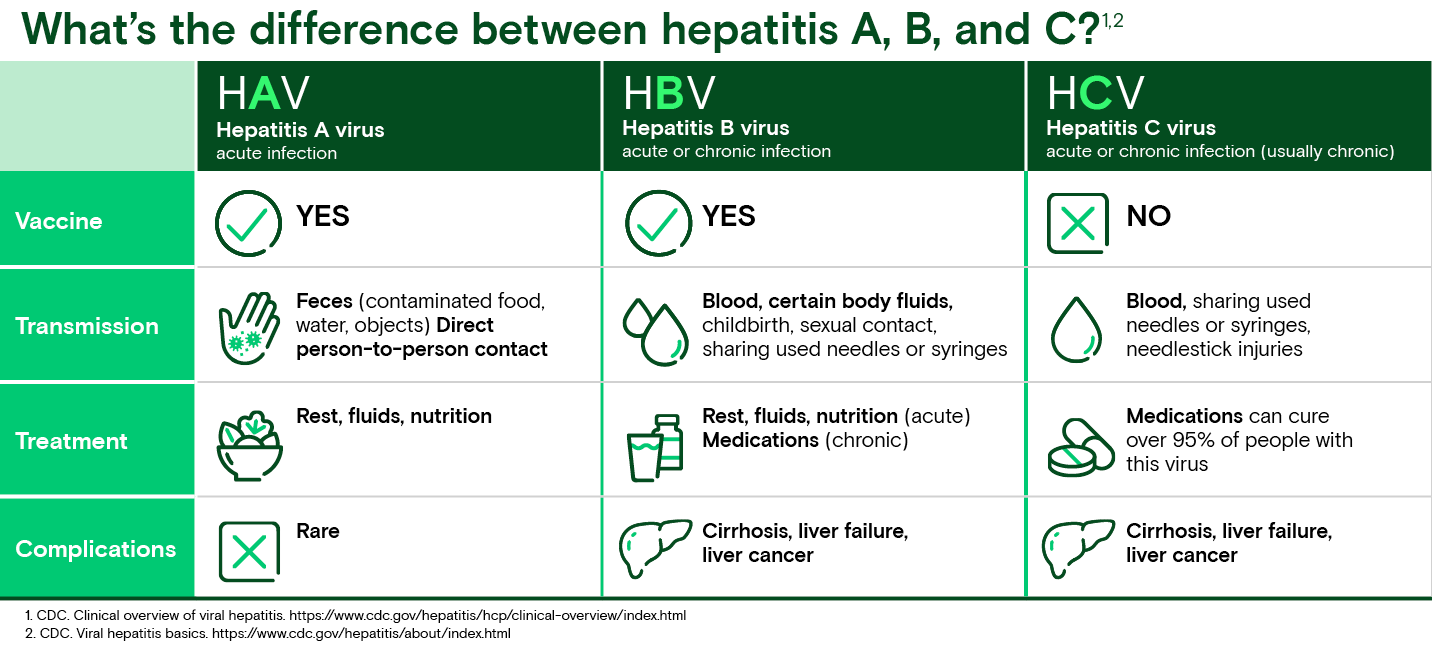Based on the responses you provided, this test is not right for you.
You are not eligible to purchase this test.
You can only purchase testing for one person at a time. Alternatively, these tests cannot be purchased because you do not meet the age, gender, or location requirements to purchase the test(s). Because of this, you cannot buy this test unless you update your cart.
This test cannot be added to your cart, as you already have items in your cart with overlapping/duplicate test components. Please update your cart before you try again.
Based on your response, this test is not right for you, as this test is unavailable for people of your gender.
Based on your response, this test is not right for you, as this test is unavailable for people of your age.
Quest does not currently support lab testing at your location. Please update to a valid address to purchase this test. Visit Account Settings to change your address.
State restrictions prohibit this product from being purchased in your location.
Please select who is getting tested.
Please select a test type.
This person is not eligible for this test.
You currently have a test in your cart that cannot be combined with other tests.
Our records indicate that you have previously purchased this test, which has a lifetime limit of one per person. Please contact customer service if you have any questions.
Please select at least one option.
An error has occurred. Please try again later.
Please seek immediate care from your primary care physician.
Based on your response, this test may not be right for you at this time. The COVID-19 and Flu Test Panel is only available to those who have symptoms or are believed to have been exposed. Our COVID-19 Active Infection test may be right for you, click
here to learn more.
You should seek medical attention immediately if you have or develop severe symptoms such as persistent fever (lasting longer than 48 hours) or fever greater than 102° F, severe shortness of breath, severe coughing spells or coughing up blood, continuous pain or pressure in the chest, blue-colored lips or face, dizzy, lightheaded, or too weak to stand, feeling very tired or lethargic, slurred speech or seizures, feeling not well enough to stay home. If at any time you feel like you are having a medical emergency, please call 9-1-1.
This test is specifically used to check for an antibody response to the virus, which can take time to develop. This test is not for those who may still have an active COVID-19 infection.
This test is only for non-pregnant women with simple urinary tract infections; if you suspect that you may have a urinary tract infection, it is recommended that you see your healthcare provider in-person to evaluate your symptoms.
You cannot add more than the allowed max quantity.
This order maybe eligible for discount. Please reload your cart while we review your order.
This product is currently out of stock.





